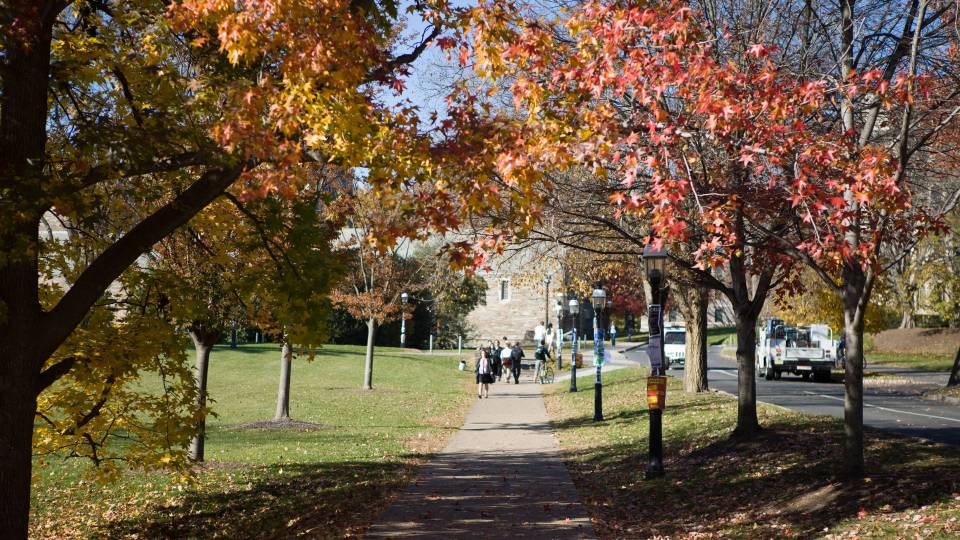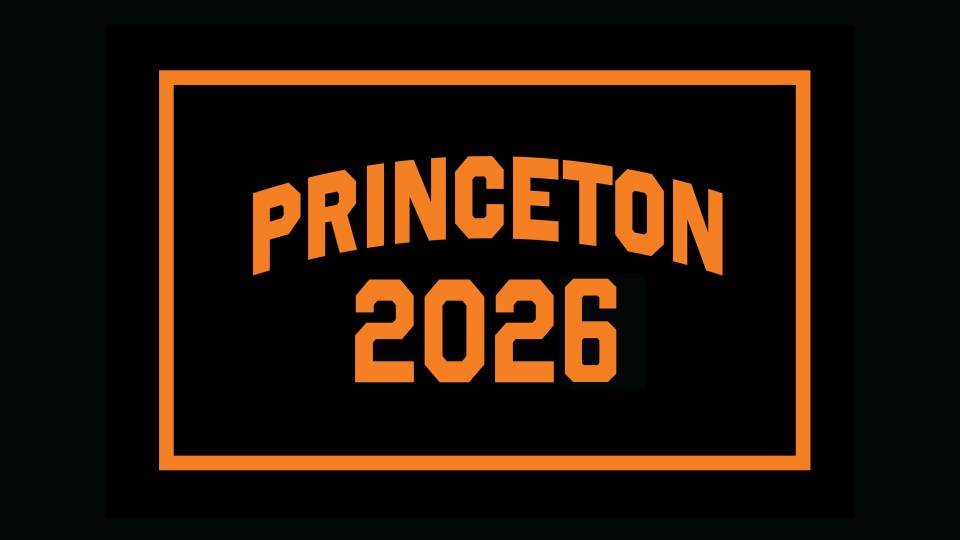Statement submitted by President Christopher L. Eisgruber for White House summit on increasing college opportunity for low-income and disadvantaged students.
Princeton University is seeking to expand significantly its partnership with the Leadership Enterprise for a Diverse America (LEDA), a program that brings talented, low-income high school seniors to Princeton for summer courses and college counseling and supports them throughout their college experience. Princeton enrolls a higher number of LEDA alumni than any other institution and is hoping to grow the number of students who benefit from the summer program by at least 50 percent.
Princeton University is also increasing its efforts to identify and recruit students from low-income families across the country. It has put in place a new admission officer to lead these efforts and provide outreach and support for these students during the admission process. Princeton waives application fees for low-income students and has joined a College Board program that emerged from the Expanding College Opportunities initiative directed by Professors Caroline Hoxby and Sarah Turner.
Princeton University is raising funds to develop a summer scholars institute for disadvantaged Princeton freshmen interested in the STEM fields. Princeton's Fred Hughson, a professor in the Department of Molecular Biology, has developed a proposal for a new Freshman Scholars Institute (FSI) module targeted specifically at students interested in STEM fields, with the goal of reducing attrition from those fields. The Freshman Scholars Institute helps eligible students, including talented students from low-income families, make the transition to the rigor of a Princeton education.
Building on Current Efforts: Princeton recently expanded its undergraduate student body, allowing it to educate more students, including more low-income students. Princeton was the first university to replace loans with grant aid allowing it to offer each student the opportunity to graduate without debt. The percentage of Princeton undergraduates receiving aid has risen from around 38 percent a decade ago to around 60 percent. Ninety-six percent of all Princeton students graduate within six years of matriculation and Pell-eligible students have a six-year graduation rate of 93 percent. Princeton sponsors multiple programs designed specifically for lower-income students including LEDA, Princeton's Freshman Scholars Institute, and the Princeton University Preparatory Program (PUPP), which successfully prepares disadvantaged New Jersey students for admission to selective colleges.




